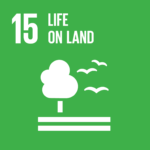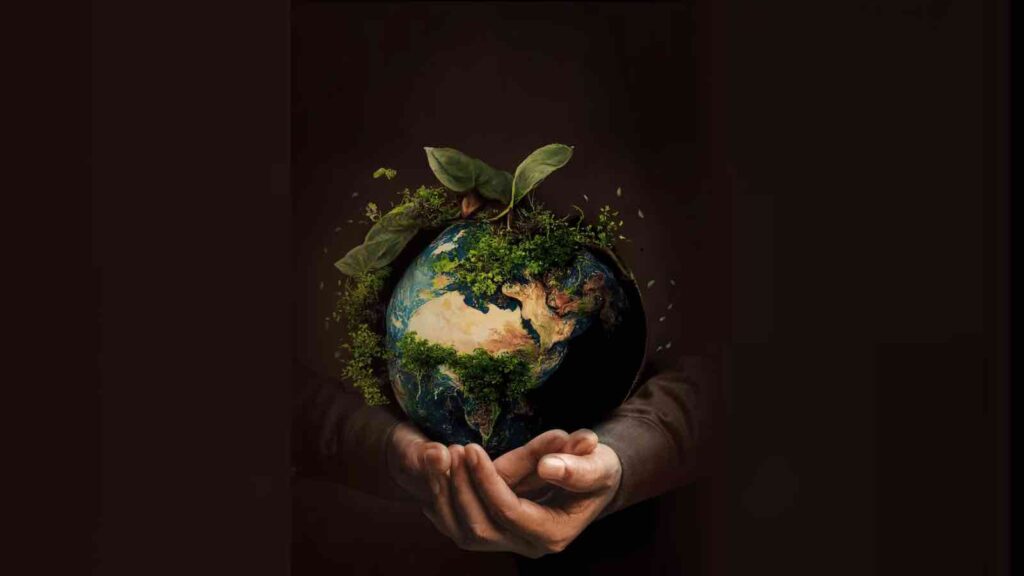Unearthing the truth behind Carbon Credits : majority of forest conservation claims overblown, new research showed.
In a ground-breaking study conducted by independent researchers, it has been discovered that a significant majority of forest conservation claims linked to carbon credits have been grossly exaggerated. These startling revelations have not only cast a dark shadow over the global efforts to combat climate change but have also raised urgent concerns about the effectiveness and transparency of the carbon credit system.
RELEVANT SUSTAINABLE GOALS


This isn’t the first time that the integrity of carbon offset projects has been brought into question. Over the past three years, The Guardian has consistently alerted its readership about the potential flaws and pitfalls of such schemes. In January of this year, the publication reported that a staggering “more than 90% of rainforest carbon offsets… are worthless”. Verra, a reputable non-profit that runs the Verified Carbon Standard (VCS) – the leading carbon credit certification program, was not exempt from this criticism.
Delving Deeper: What the Study Revealed
The research, conducted over a period of two years, examined over 1,000 carbon credit projects worldwide. The results were alarming:
- Nearly 70% of the projects overstated the amount of carbon they were sequestering.
- Many projects used outdated or flawed methodologies to calculate carbon offsets.
- There were instances where projects claimed to be conserving forests, but in reality, were facilitating more aggressive land use, such as agriculture or urban development.
The methodology behind the estimations for REDD+ projects is notoriously complex. An initial scenario needs to be established, extrapolating from regional deforestation trends to determine what would likely occur without the intervention of the REDD+ project. This forms the crediting baseline. Yet, with changing socio-political and economic landscapes, the credibility of this baseline can waver, irrespective of the REDD project’s influence. This doesn’t even account for potential manipulations by financially motivated parties.
The Implications for Asia’s Deforestation Efforts
Asia, home to some of the world’s largest rainforests, has been at the forefront of deforestation concerns for decades. Nations such as Indonesia, Malaysia, and the Philippines have long battled the loss of their natural habitats, largely due to industrial expansion, palm oil cultivation, and other agricultural activities.
The revelations from this study carry significant implications for Asia:
- Trust Erosion: For local communities and global investors alike, these findings may lead to reduced faith in carbon credit projects as genuine tools for conservation in the region.
- Economic Impacts: Asian nations heavily invested in carbon trading might experience financial repercussions. A decline in carbon credit values could destabilize the emerging green economies in these countries.
- Ecological Consequences: If carbon credit projects are not genuinely contributing to forest conservation, it means the region’s biodiverse habitats are at an even greater risk than previously thought. This could lead to the further endangerment of various species and a faster decline in air quality.
- Policy Revisions: Governments may need to implement stricter regulations and oversight mechanisms. Enhanced monitoring and third-party verification could become mandatory to ensure the authenticity of carbon sequestration claims.
The Way Forwards
While these revelations are undeniably disheartening, they also provide an opportunity for a global re-evaluation and reform of the carbon credit system. For genuine change to occur, transparency, stringent regulations, and unyielding commitment to the environment are paramount.
In the wake of these findings, it becomes crucial for nations, especially those in Asia, to reconsider their conservation strategies. Collaborative efforts, technology-driven solutions, and an unwavering commitment to the environment can guide us towards a future where carbon credits genuinely contribute to global conservation efforts and the fight against climate change.
You may also be interested in :
The Colours Of Change : Decoding Climate Change And Biodiversity Loss Through Visual Narratives


